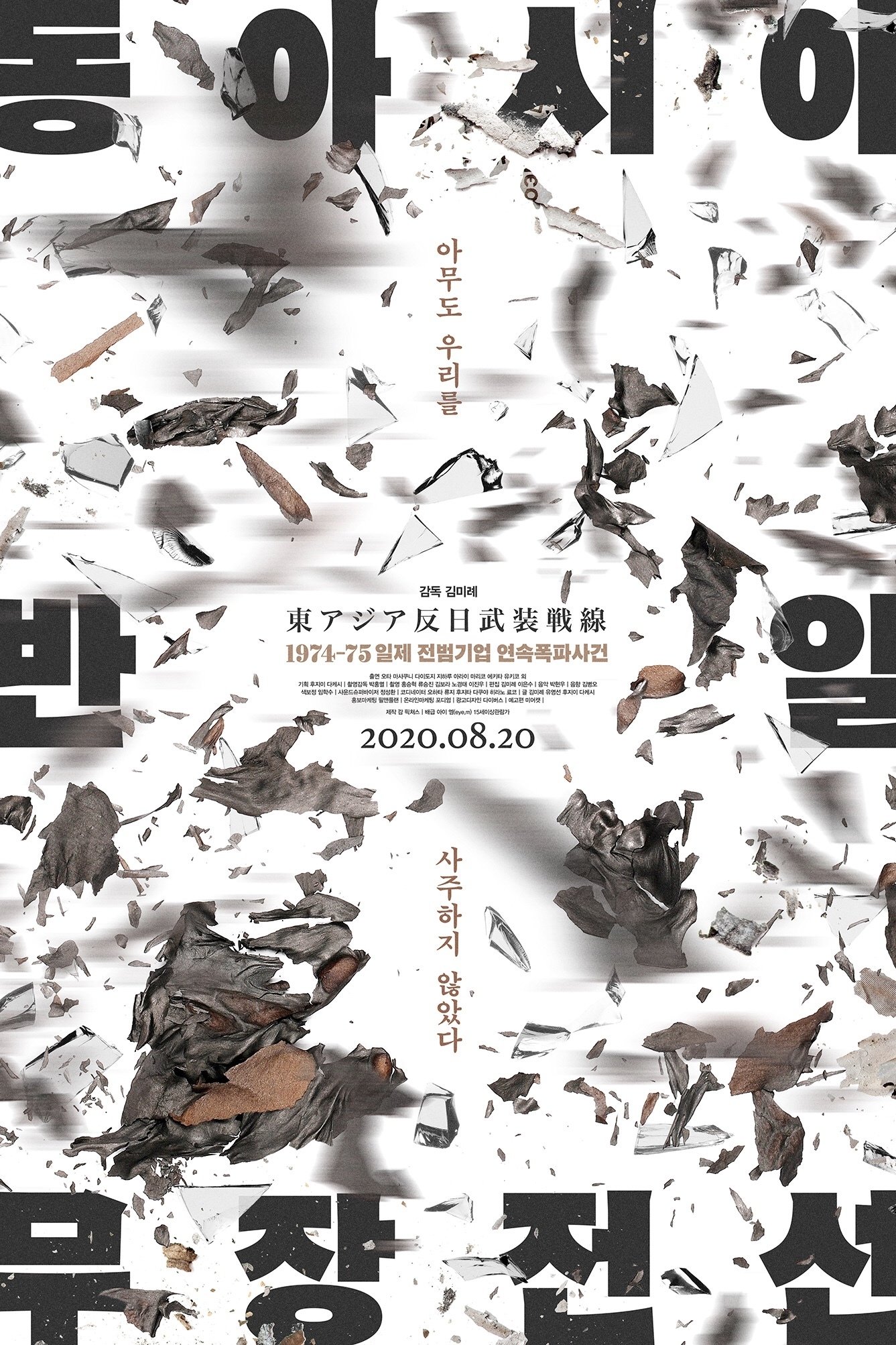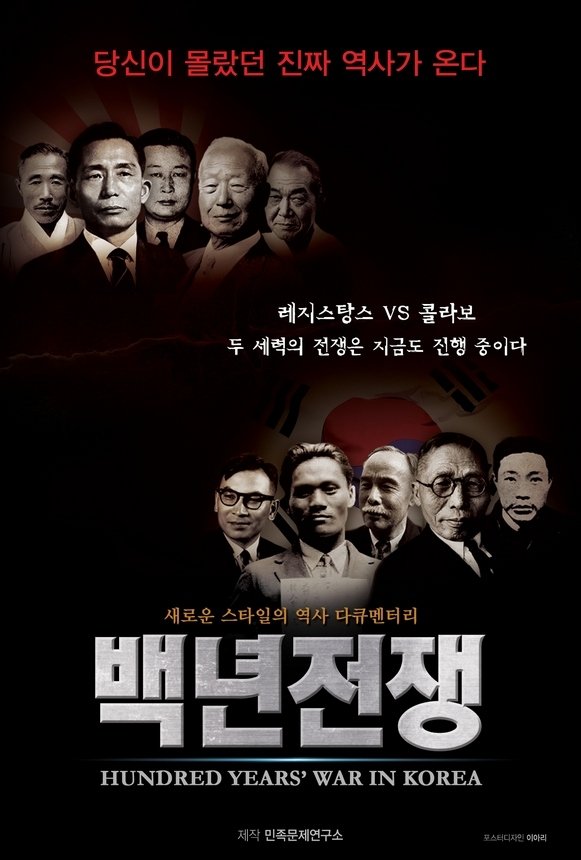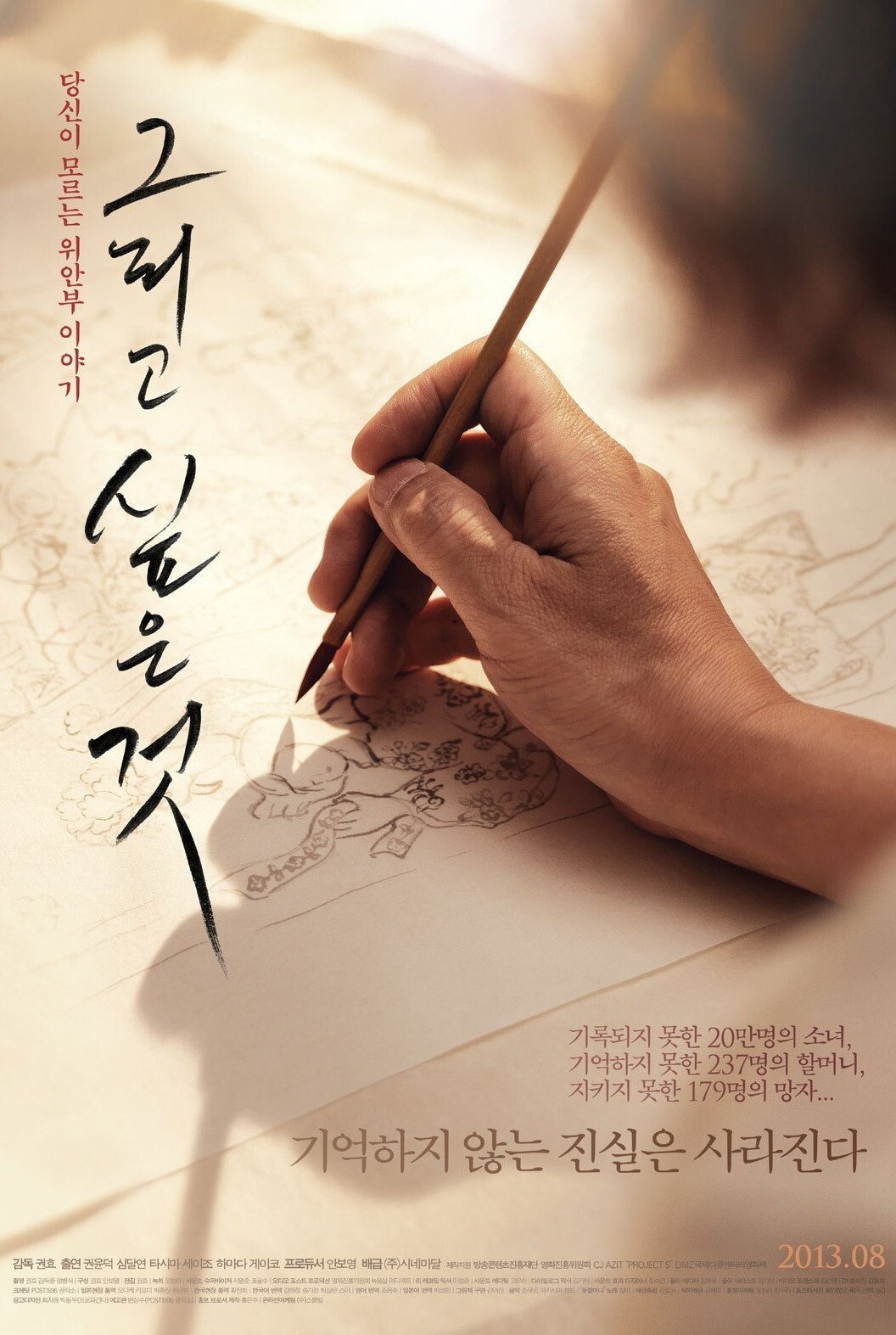A Song of Korean Factory Girls (2024)
• August 7th, 2024 • 1h 24min
Documentary
Overview
During the Japanese colonial period, 22 Korean female workers were forced to work in a spinning mill in Osaka across the sea to support their families. Despite facing discrimination and violence, their testimonies and life-affirming songs of victory have endured.
Make sure to check your pop-up blocker!!
Trailer
Similar Movies
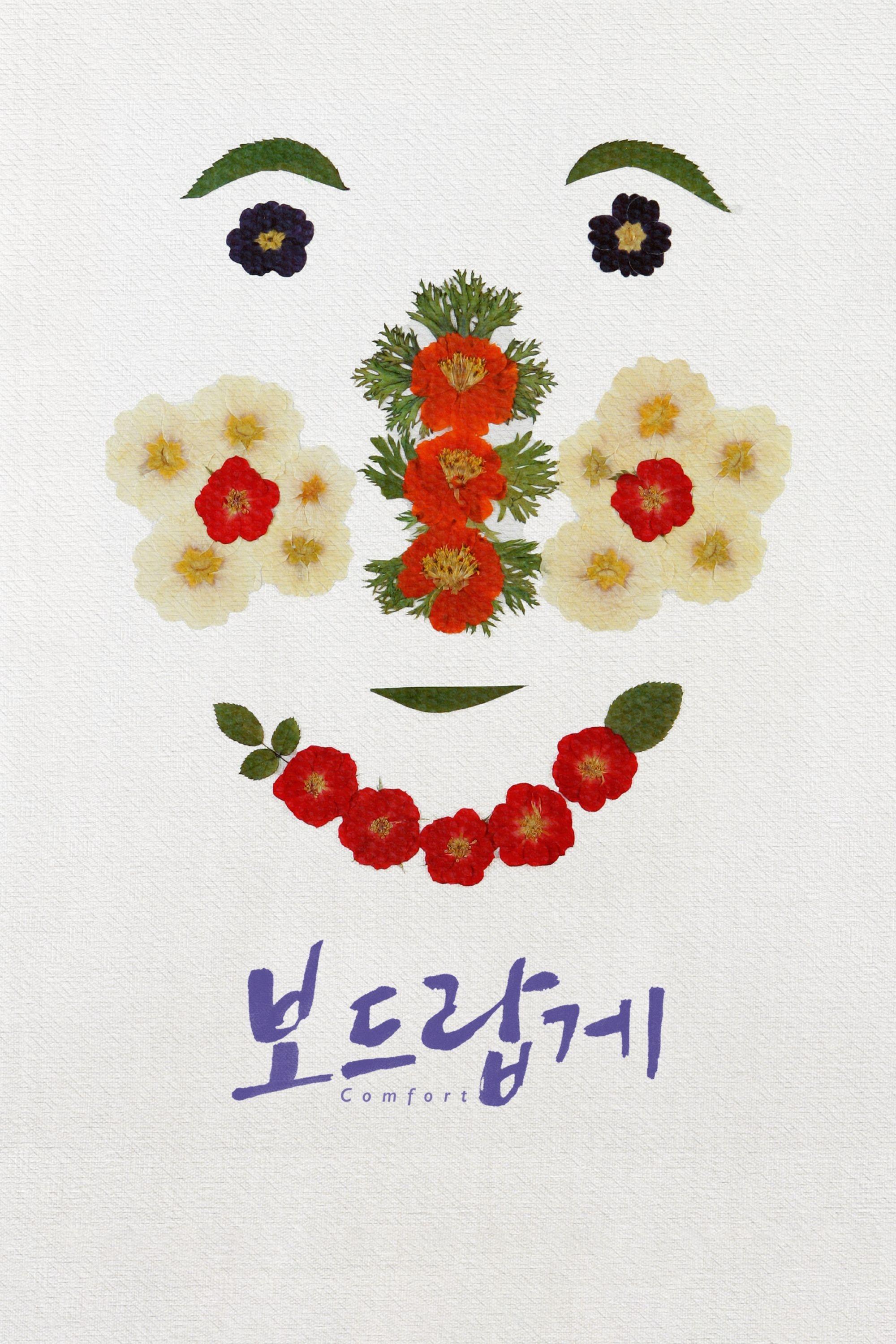
Comfort
Released on: 2022-02-23
Documentary
KIM Soonak is a survivor of sex slavery by the Japanese military. The war may have ended, but her li...
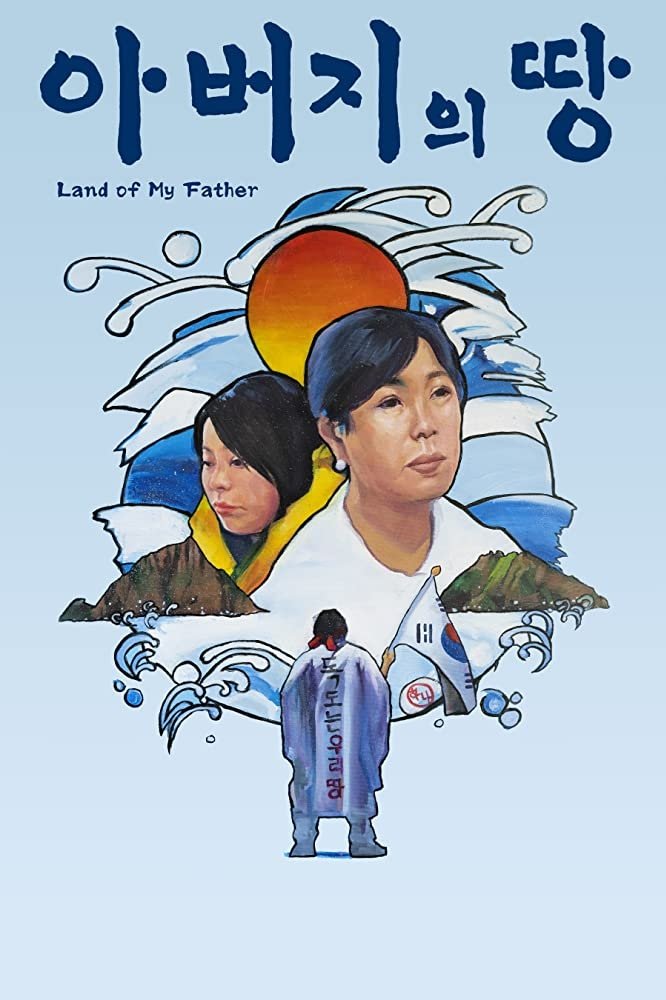
Land of My Father
Released on: 2020-05-15
Documentary
Byeong-man, a farmer whose father was enslaved during Japan's occupation of Korea, protests the Japa...
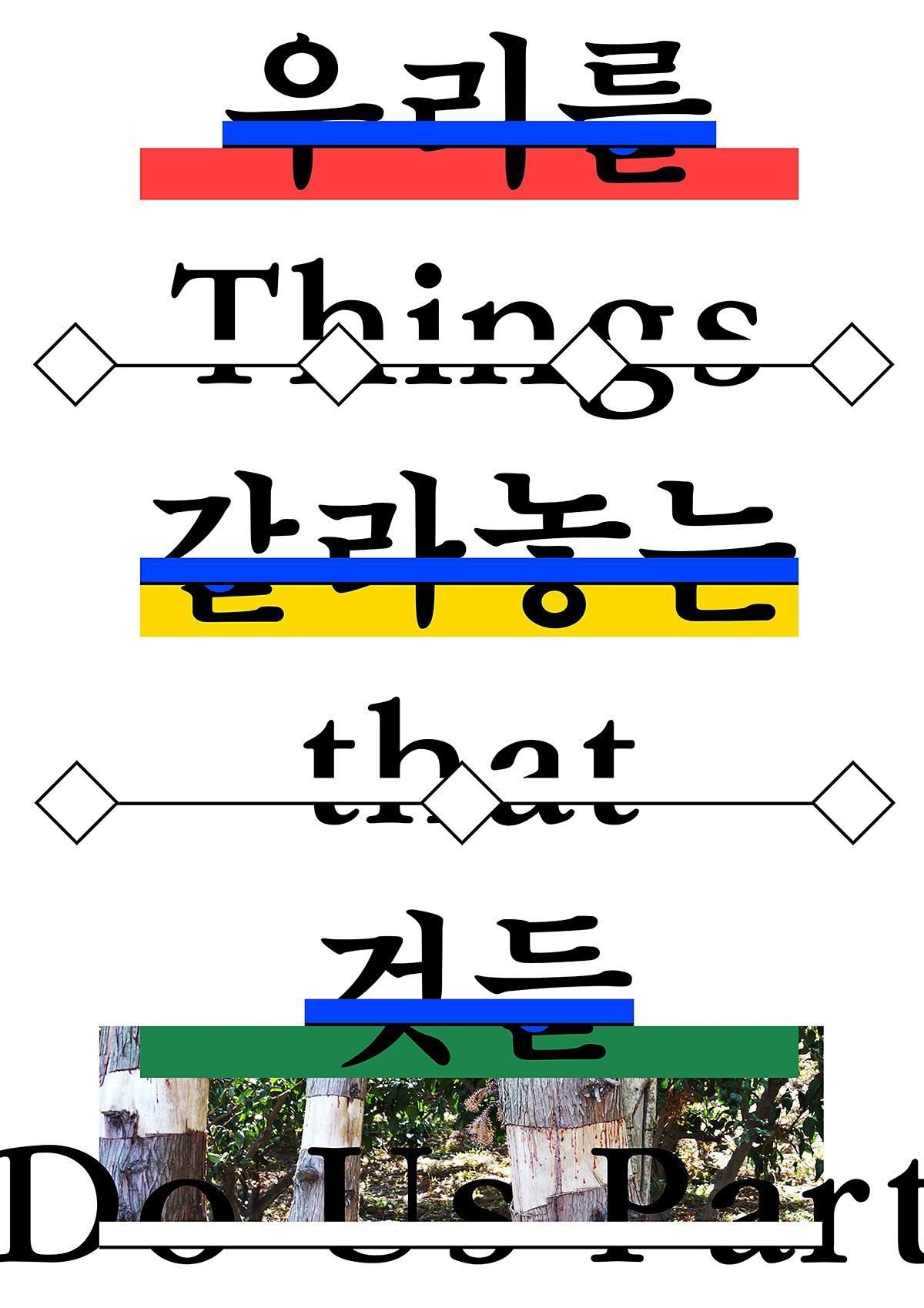
Things That Do Us Part
Released on: 2019-11-28
History, Documentary
Things That Do Us Part is a documentary that reframes the stories of three women fighters who dove i...
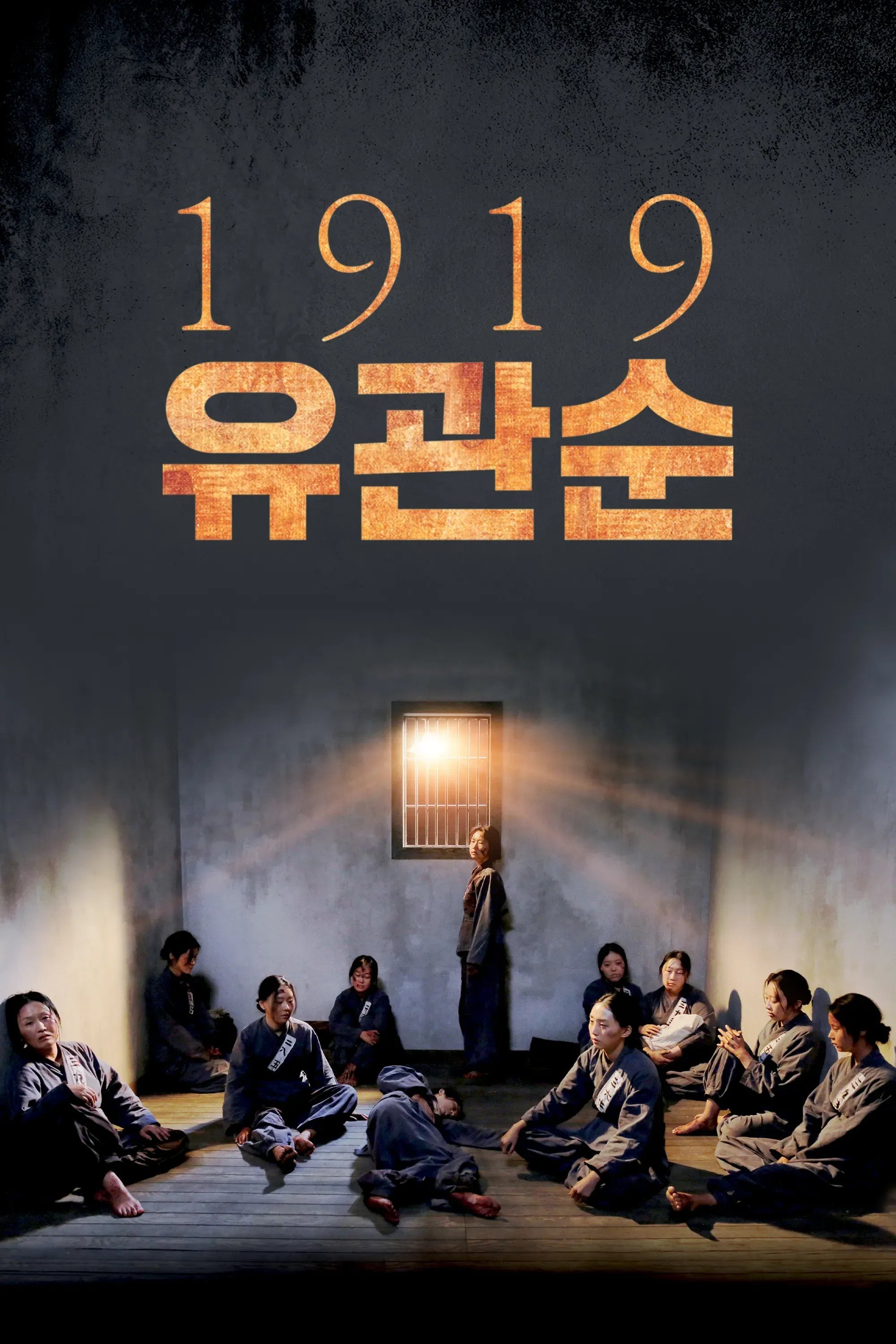
1919 Yu Gwan-sun
Released on: 2019-03-14
Documentary
A film that explores the lives of female independence activists who fought against the Japanese Occu...
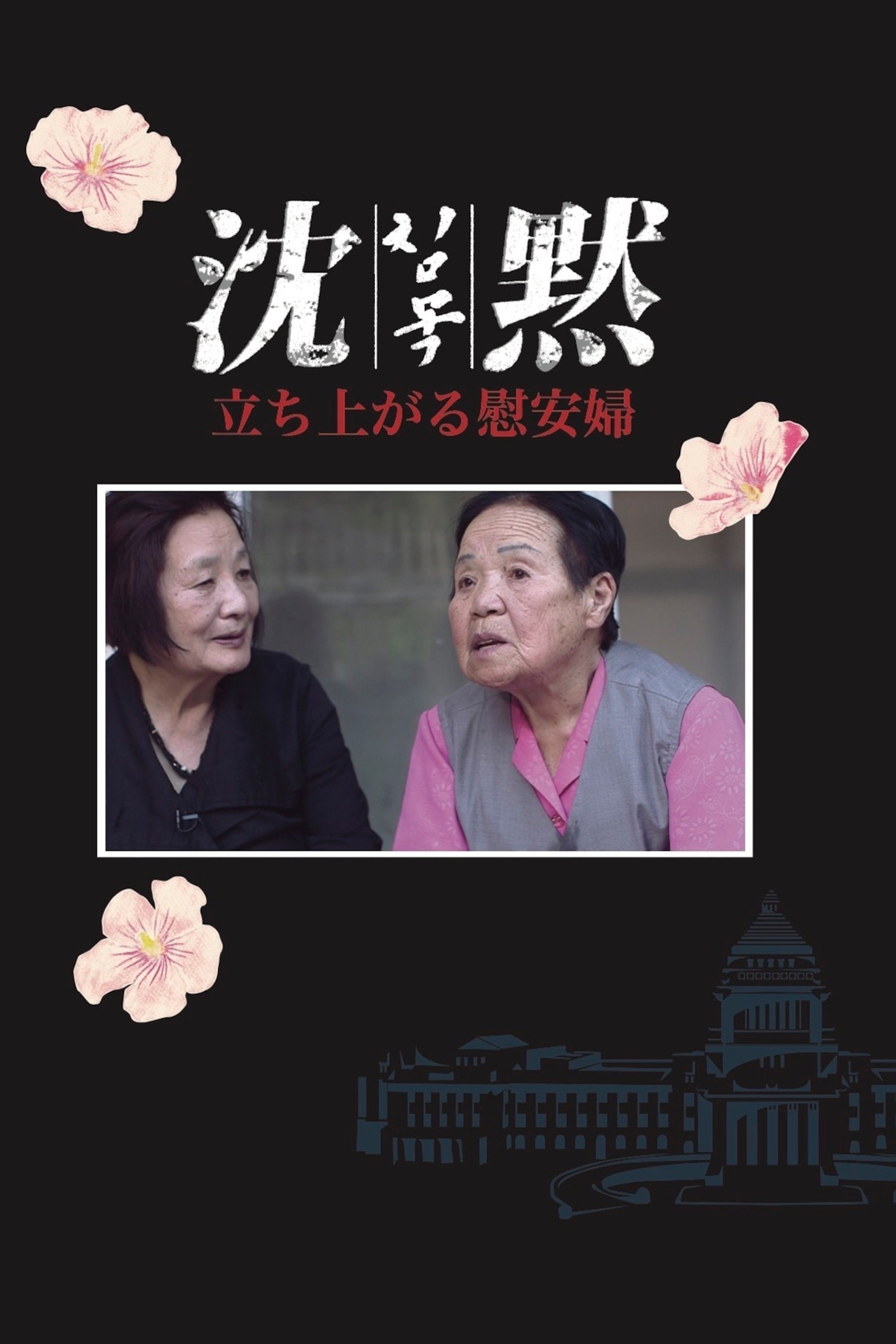
The Silence
Released on: 2017-12-02
Documentary
The Silence narrates the struggle of fifteen "comfort women"—former sex slaves by the Imperial Japan...
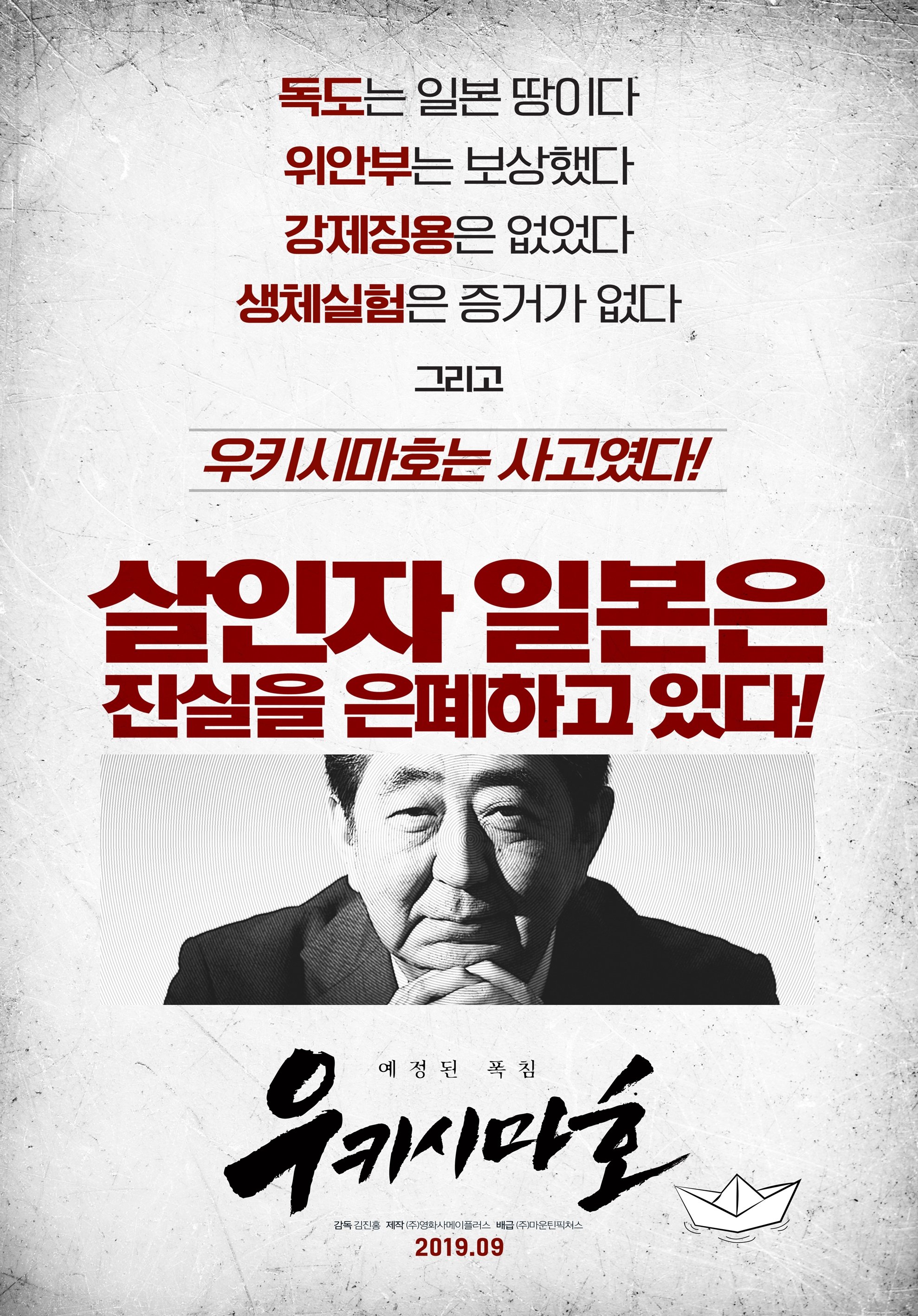
The Ukishima Maru Massacre
Released on: 2019-09-19
Documentary, History
22nd of August, 1945. Japan lost the war and they loaded an 8,000 person Joseon laborer force onto ...
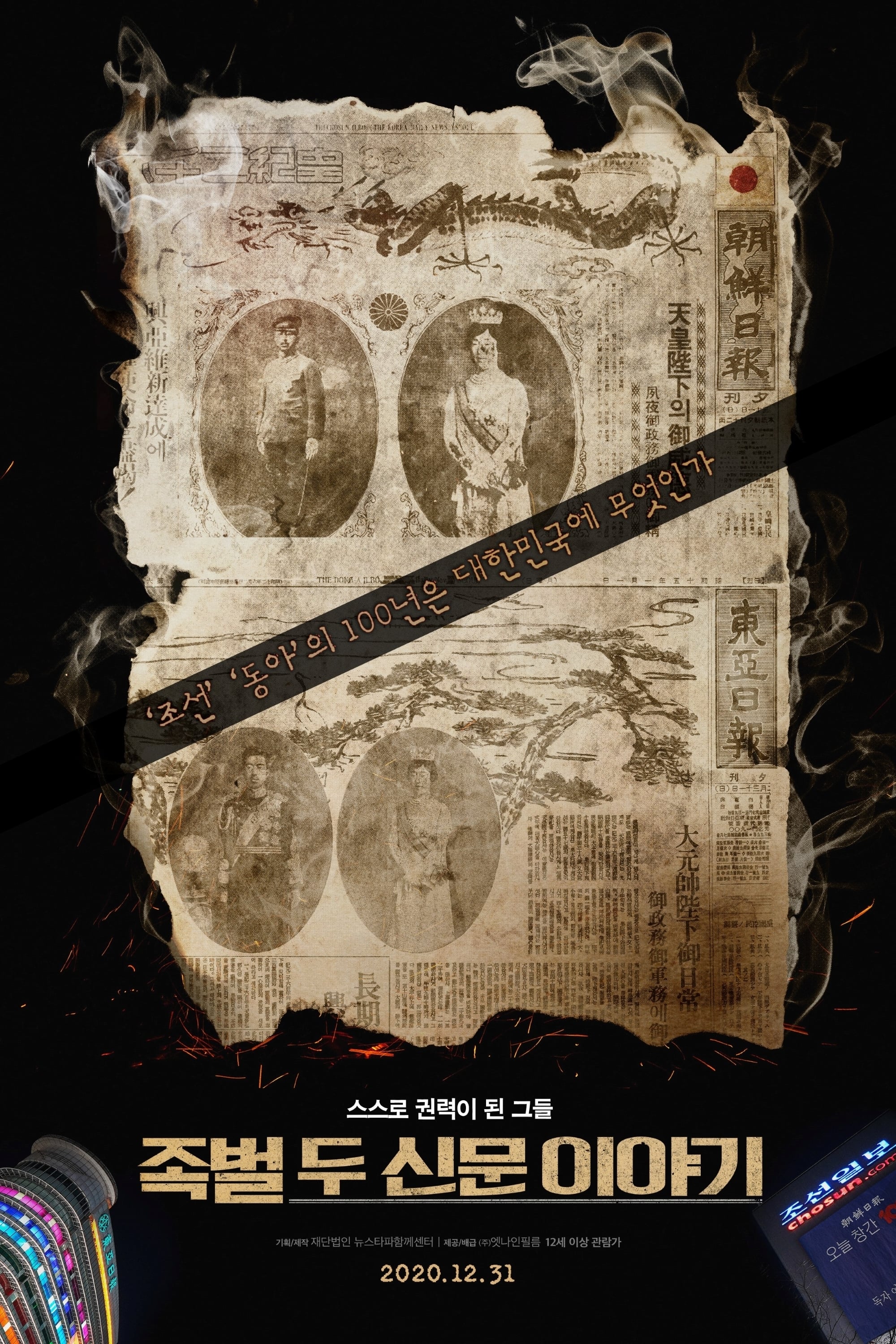
Media Mafia: a Tale of Two Newspapers
Released on: 2021-01-01
Documentary
The 100 years of history of the Chosun Ilbo and the Dong-A Ilbo show that wrong press can be a socia...
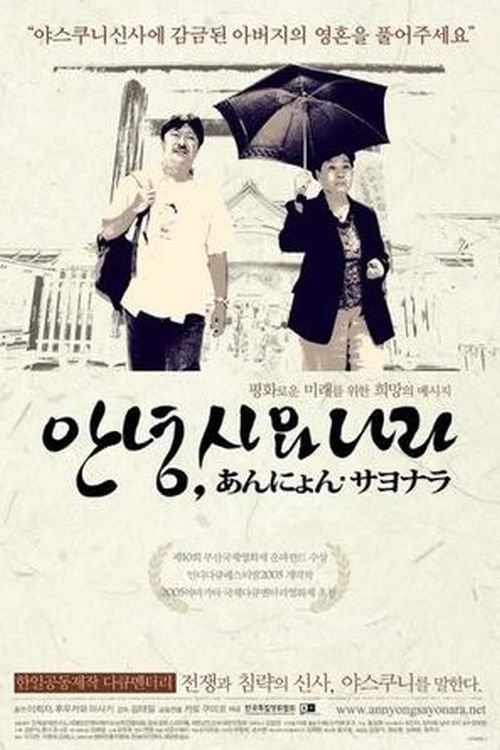
Annyeong, Sayonara
Released on: 2005-11-25
Documentary
This joint Korean-Japanese production follows a Korean woman, Lee Ha-jong, as she searches for her f...
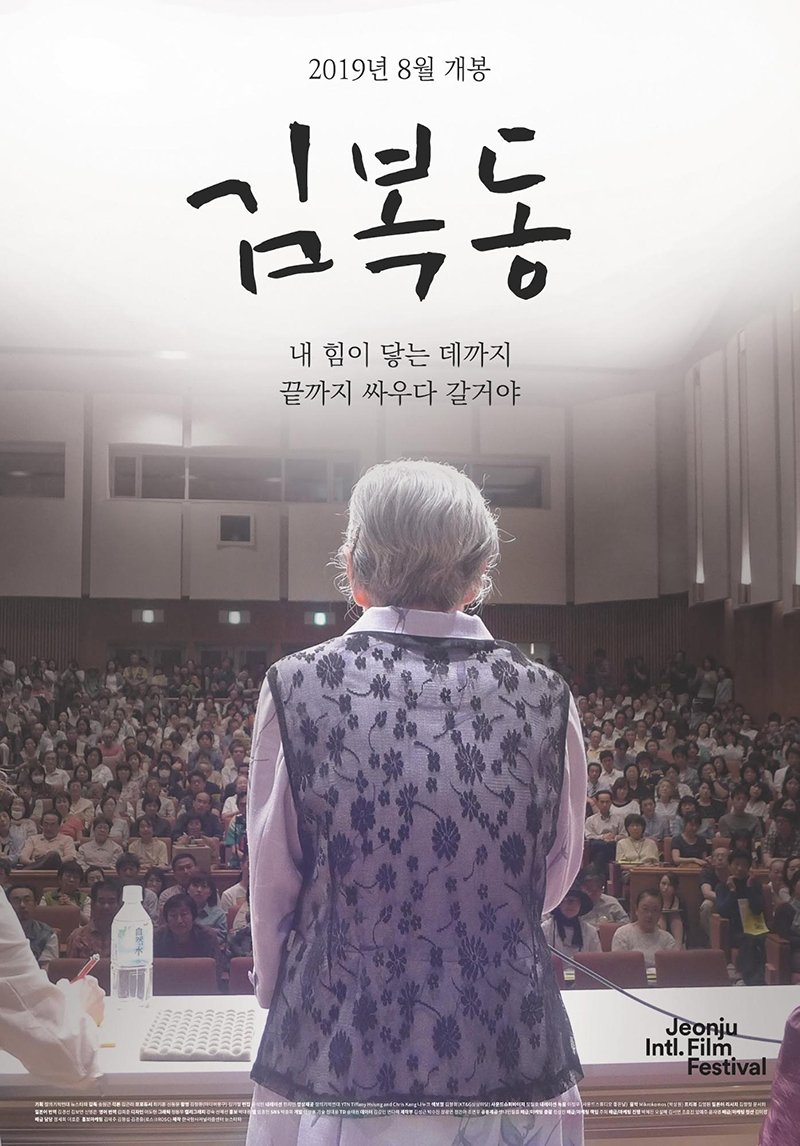
My name is KIM Bok-dong
Released on: 2019-08-08
Documentary
In 1992, KIM Bok-dong, reported herself as a victim of the sexual slavery, "comfort women" during Wo...
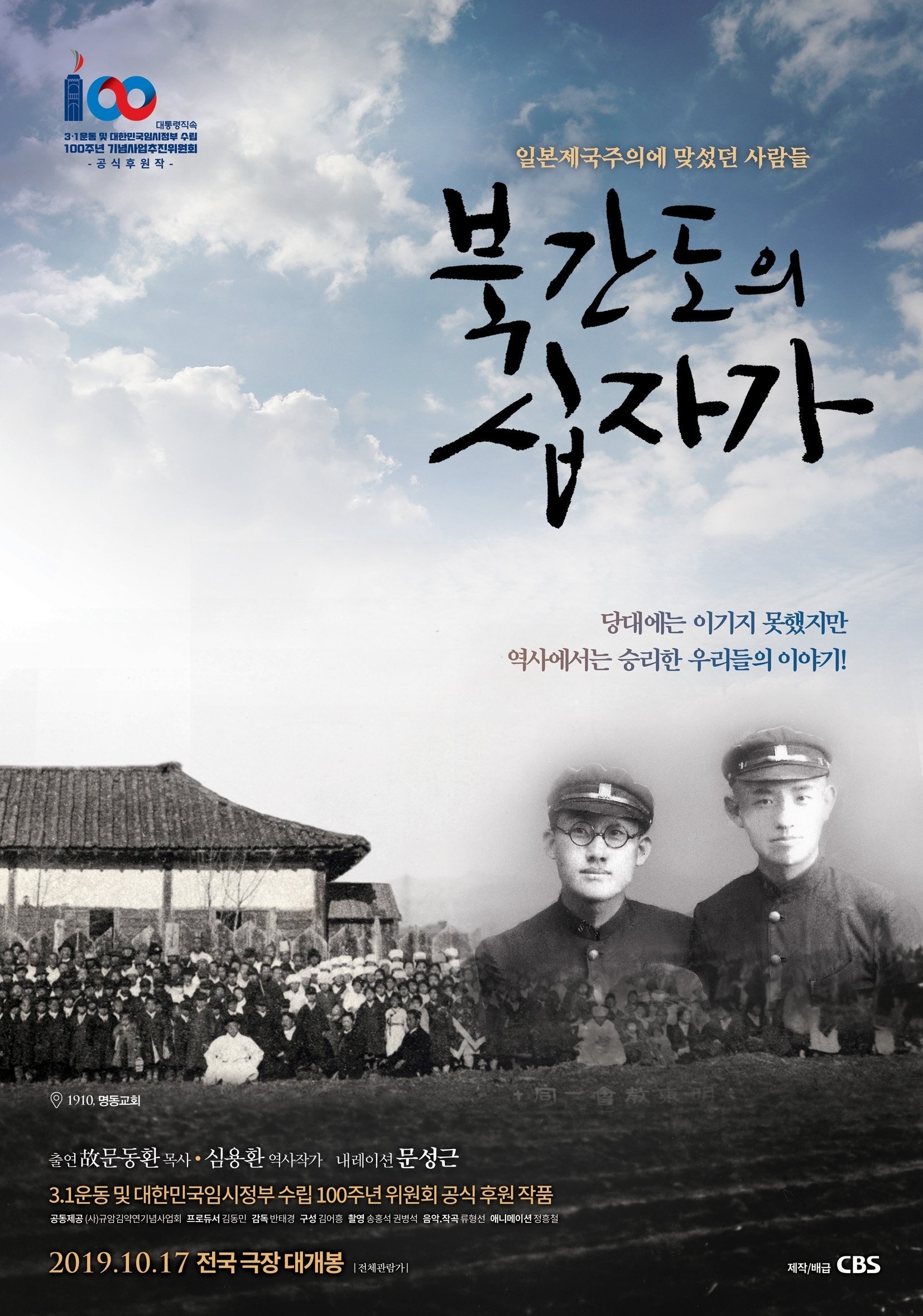
The Cross of North Gando
Released on: 2019-10-17
Documentary
The Christians of North Gando lose their country and leave their hometown, but gain the Gospel. The ...
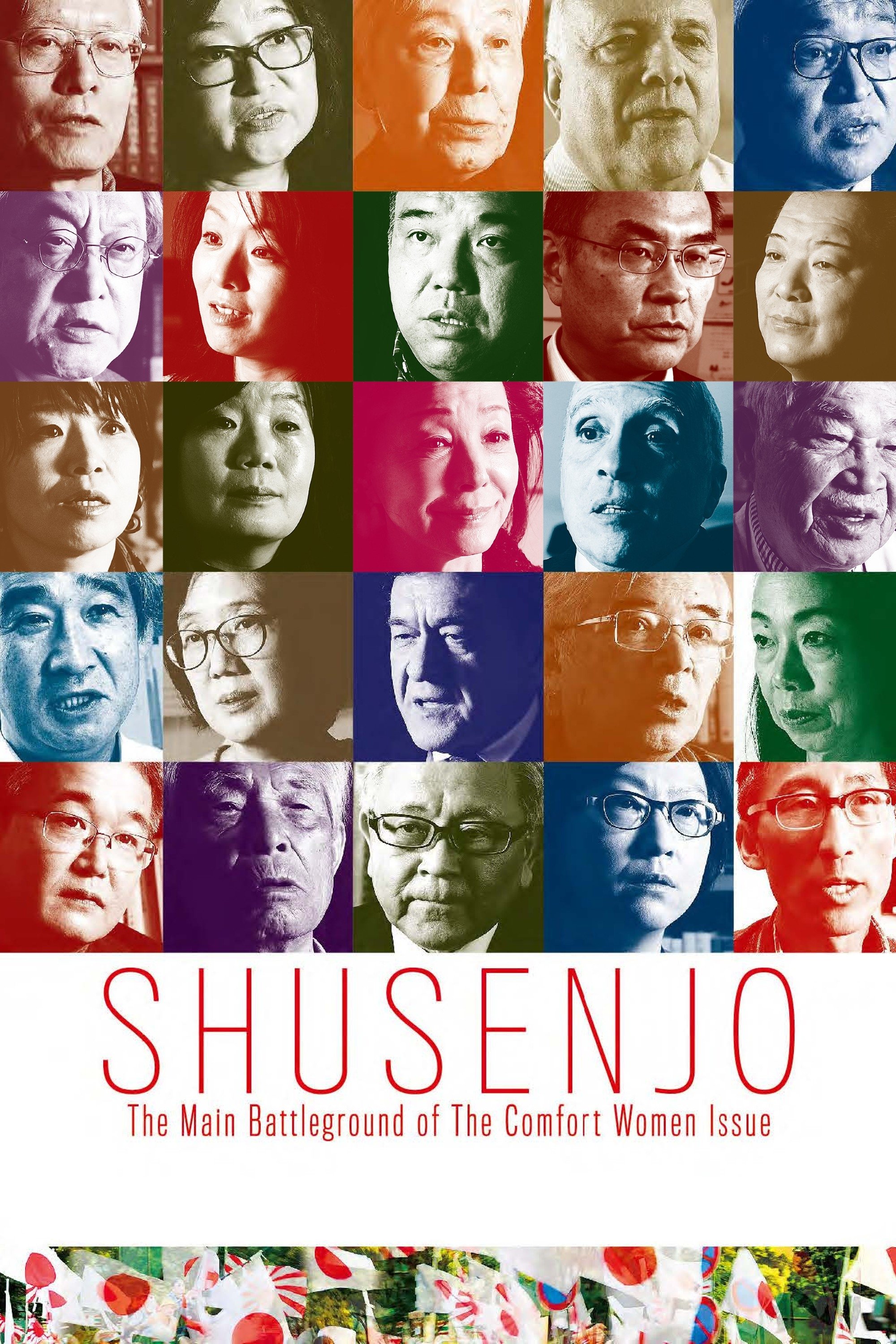
Shusenjo: The Main Battleground of the Comfort Women Issue
Released on: 2019-07-25
Documentary, History
A Japanese-American director digs deep into the controversial 'comfort women' issue to settle the de...

Born in Gunsan and After Seven Years, I Was Repatriated to Japan...
Released on: 2023-09-15
Documentary
A bamboo forest becomes a city with bustling streets that then smoothly transform into photographs: ...
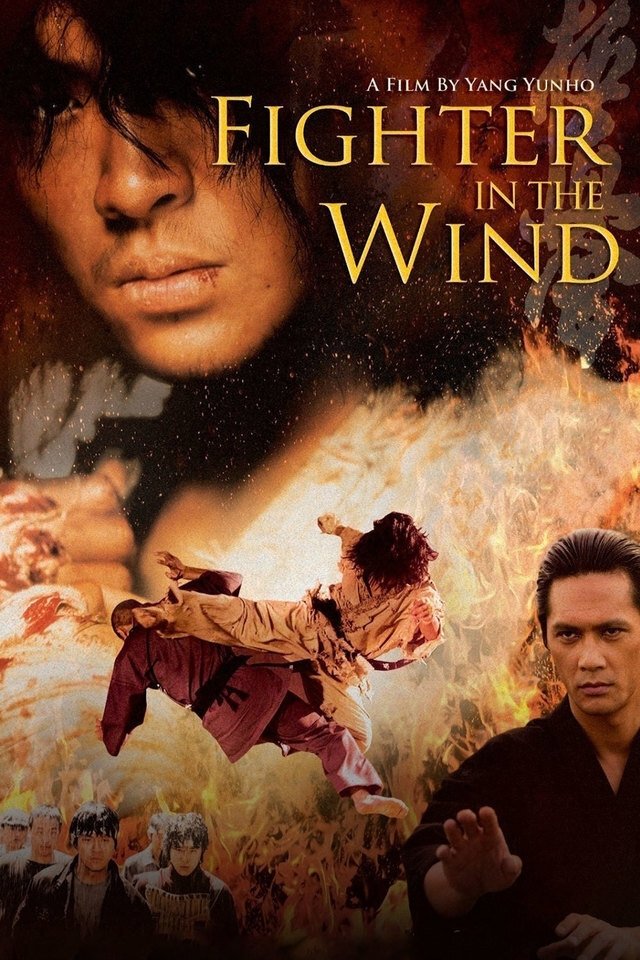
Fighter in the Wind
Released on: 2004-08-12
Action, Drama
An account of karate competitor Choi Yeung-Eui who went to Japan after World War II to become a figh...

Dachimawa Lee
Released on: 2008-08-13
Action, Adventure, Comedy, Western
Under Japanese imperialism, Korean national treasure Golden Buddha is stolen. More important to nati...
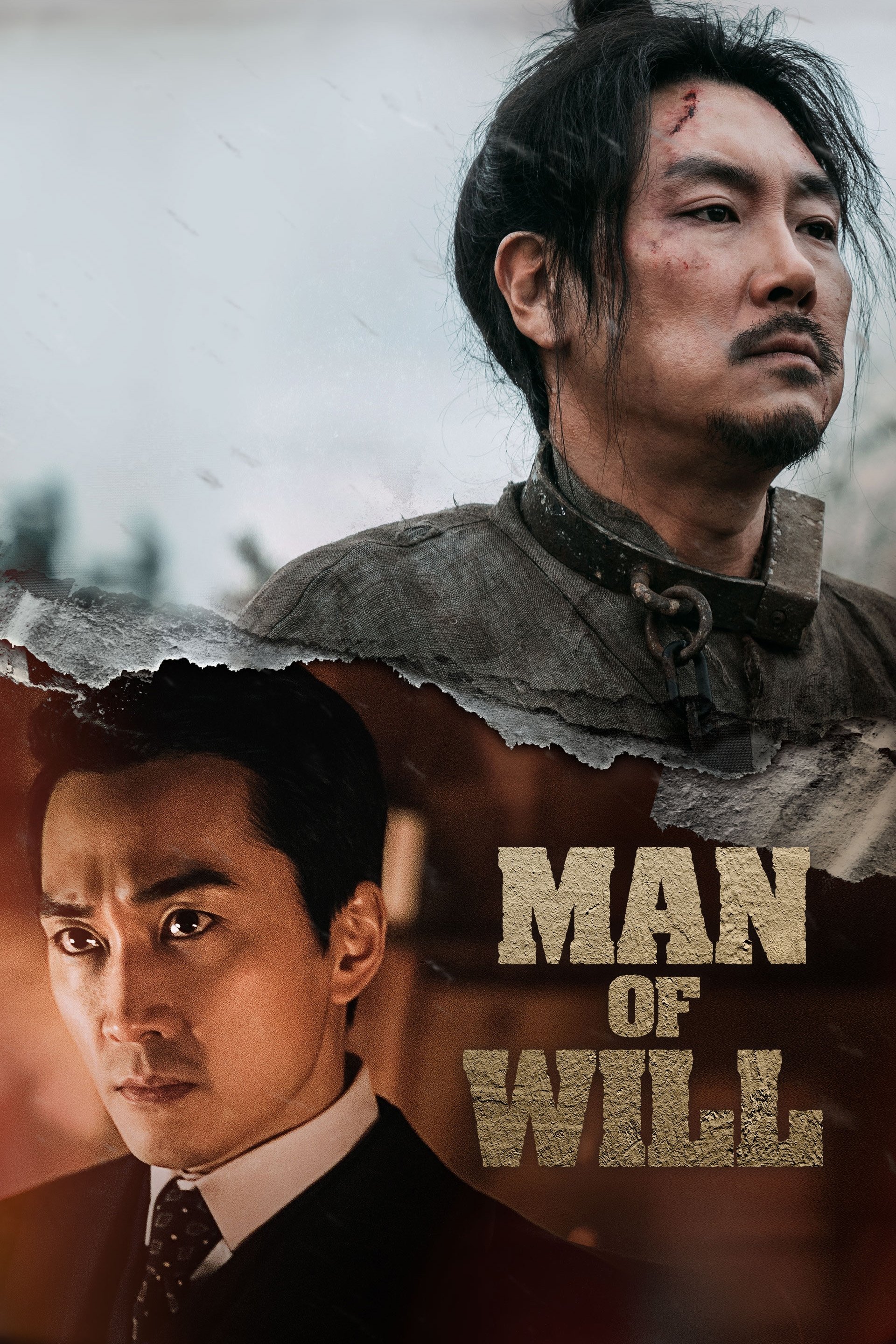
Man of Will
Released on: 2017-10-19
Drama, History, Action
Young Kim Chang-soo is placed behind bars, charged with murdering a Japanese person who took part in...
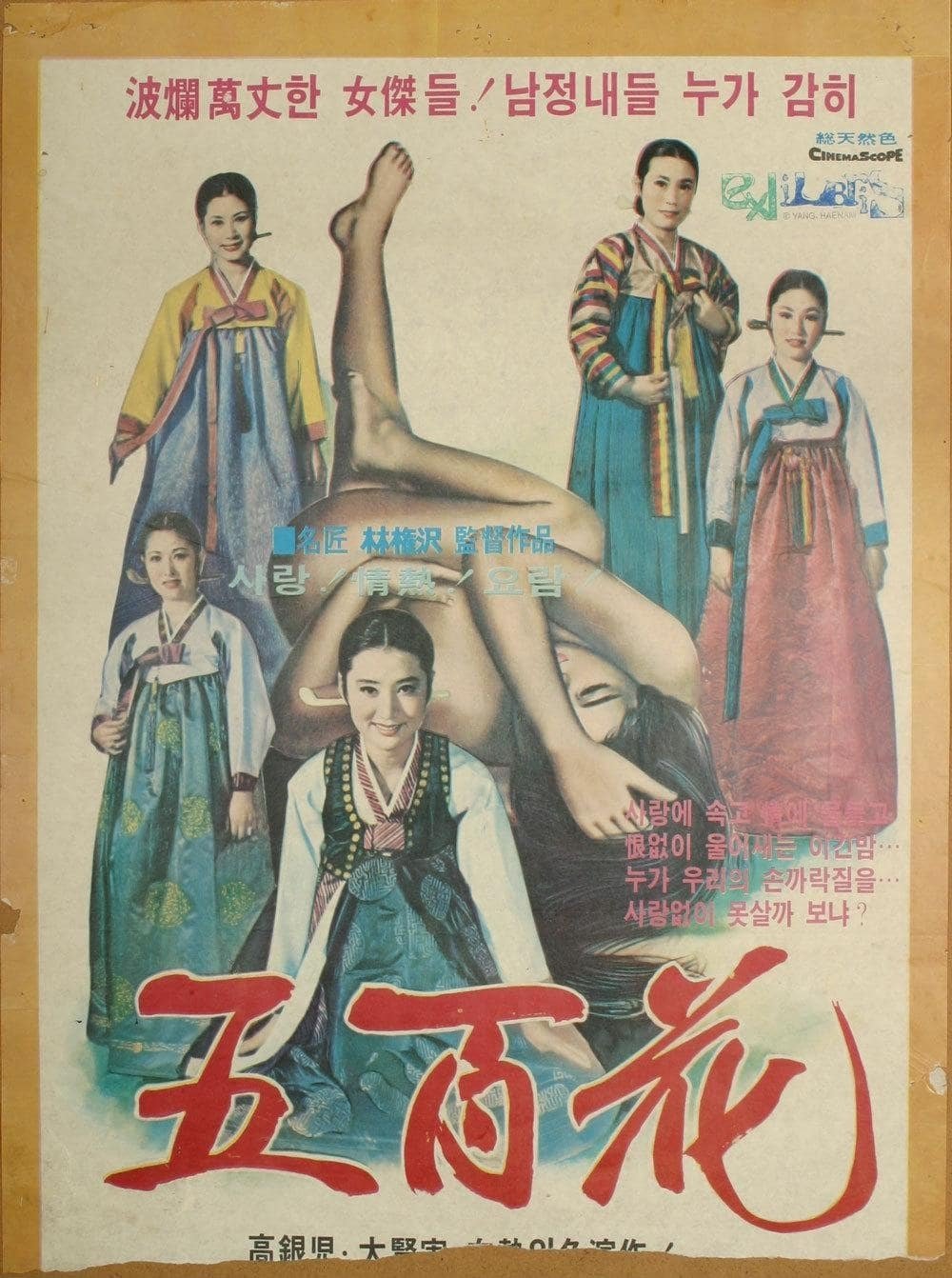
Five Hostesses for the Resistance
Released on: 1973-03-07
Drama
A patriot Park No-Hun is dispatched by Shanghai Provisional Government for Independence to assassina...

Nameless Stars
Released on: 1959-10-30
History
The son of a freedom fighter, Sang-hun is a member of an anti-Japanese resistance group called "Seon...
